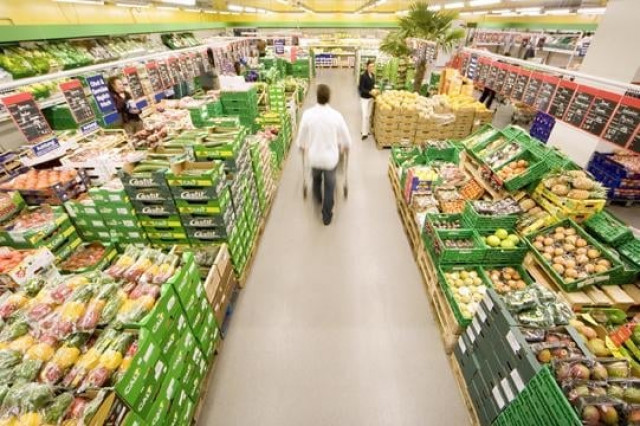Retail consolidation: Makro and Metro in merger talks
Both sides appear to be in advanced stages of the negotiation process.

Retail consolidation: Makro and Metro in merger talks
In what would be the first deal of its kind, two of Pakistan’s leading wholesalers – Makro Habib and Metro Cash and Carry – are engaged in talks for a merger, marking what some analysts hope is a new wave of consolidation in a sector that has hitherto been defined by its fragmentation.
Officials from the Metro Cash and Carry confirmed that they were in talks for a merger with Makro Habib. Metro officials implied that they were in advanced stages of the negotiation since they mentioned that the merger would be subject to the approval of the State Bank of Pakistan. SBP approval would only become a concern once both parties had agreed on the initial outlines of an agreement.
It was not immediately clear which party would act as the buyer in the deal, nor which investment banks are acting as advisors to both parties.
Analysts view the consolidation as good for both companies. Khurram Shehzad, the head of equity research at Invest Capital, an investment bank, said that the merger would allow both companies to take advantage of their synergies.
The Germany-based Metro Cash and Carry has five wholesale outlets in Pakistan, two in Lahore and one each in Karachi, Islamabad and Faisalabad and has been operating since 2007. Makro Habib Pakistan – a joint venture between the Dutch wholesale giant Makro and the Pakistani conglomerate House of Habib – also has five stores, three in Karachi and two in Lahore and began operations in 2005.
Officials from Metro have consistently said that their company is committed to investing in expanding their Pakistani operations. Makro officials had also been making similar statements in the past. In December 2010, Makro Habib’s managing director Jamal Mustafa Siddiqui said that the company planned to spend approximately Rs4 billion by 2014 in expanding the chain by at least four new stores.
Pakistan’s retail and wholesale market is estimated at over $42 billion a year by the Small and Medium Enterprised Development Authority. The sector has been marked by extreme fragmentation, which well over 50,000 mostly very small stores serving a population approaching 180 million.
Yet foreign investors have begun to see the potential in Pakistan’s market, particularly with the improvements in the inter-city highway network in the country over the last decade. Pakistan’s market also has none of the same restrictions as neighbouring India on foreign investment in large retail chains.
France’s Carrefour, for example, has opened up one store in Lahore and is planning on opening more in Karachi.
While Pakistan’s middle class is far smaller than India’s the country has around 30 million people who live in households with income over $10,000 a year, according to an analysis conducted by Standard Chartered Bank. Some demographers now estimate that more than half of Pakistan’s population lives in urban areas.
Foreign-owned wholesale stores are frequented not just by retailers but also by ordinary shoppers looking for a wider variety of goods and a better buying experience, compared to their domestic counterparts. While many local stores have tried to set up rivals to the foreign companies, none of them have the experience and expertise in running large, integrated supply chains necessary for a retail or wholesale chain.
While neither Metro nor Makro – nor for that matter Carrefour – disclose their sales numbers in Pakistan, sources familiar with the matter say that average annual sales per store exceed Rs1 billion.
Published in The Express Tribune, July 14th, 2011.



















COMMENTS
Comments are moderated and generally will be posted if they are on-topic and not abusive.
For more information, please see our Comments FAQ